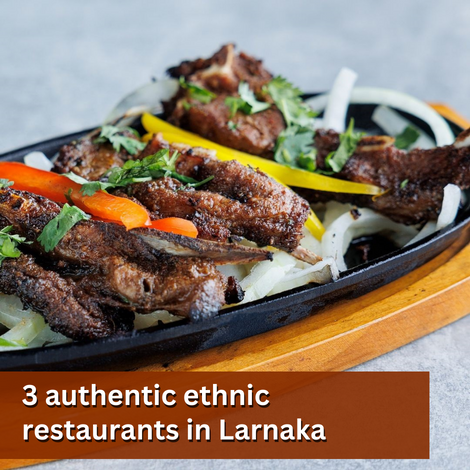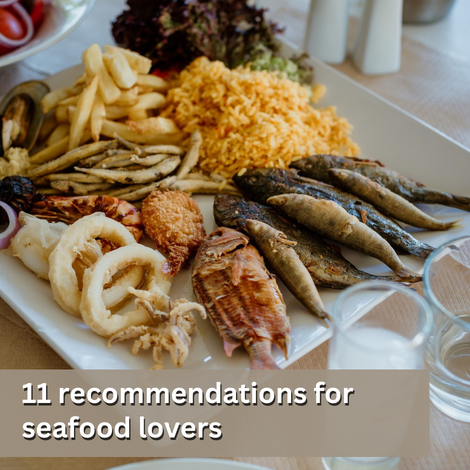Organic products
You know what it is?
Organic is defined a product that is produced using farming methods that minimize or completely avoid the use of synthetic fertilizers and herbicides, plant growth regulators, hormones and additives. Exposure to radiation and the use of genetically modified organisms (GMOs) or products produced from genetically modified organisms are also strictly prohibited by organic legislation. Organic farming relies on crop rotation (rotating plants for harvest), crop residues, fallow, animal manure (manure) and mechanical cultivation to maintain soil productivity, enrich it with plant nutrients and control weeds , insects and pests.
The products that may bear indications of the organic production method, based on European legislation, are the following:
- Live or unprocessed agricultural products (fruits, vegetables, honey, energy plants e.g. sunflower, eggs, meat, live animals, etc.)
- Processed agricultural products for use as food (e.g. bread, jam, margarine, cheese, olive oil, etc.)
- Forage (hay, cereal fruit, etc.)
- Plant propagating material (seeds, seedlings, etc.)
- Fish farming products
- Seaweed.
There are two categories of organic products:
Products of Organic Farming in Conversion: They are products of plant origin only, which are produced on plots of land 'under conversion to organic farming' where the principles of organic farming have been applied for a period of at least one year, thus ensuring the absence of pesticide residues in the final product.
Organic Farming Products: These are the products that are produced after the field or herd has passed the conversion stage which, in the case of plant products, is at least 2 years (for crops with an annual biological cycle) or 3 years (for perennial crops), while , in the case of animal products, this period is 6 weeks (eggs), 10 weeks (chickens) or 6 months (meat, milk).
The above two categories of organic products also apply to processed products. Specifically, the category of organic farming products includes processed products that consist of at least 95% organic farming ingredients. Processed Organic Farming Products in Conversion consist of one ingredient in Conversion.
The benefits of eating organic products are:
1. Protection of our body from harmful, dangerous, carcinogenic or suspicious substances.
2. They provide a greater amount of vitamins, trace elements as well as other necessary nutrients.
3. They help the body in better digestion.
4. Minimal burden on the environment since fertilizers and chemicals are not used - better control of waste.
Consumers should be very careful when buying organic products. Initially, it would be good for them to prefer packaged foods that bear the mark that they are organic farming products in a visible place and with details about the quantity, date and type of each batch of production. Bulk organic products are sold only in organic markets and in stores that only deal in organic foods. Vegetables and fruits should only be sold in season.

 English
English
 Ελληνικά
Ελληνικά Русский
Русский
 Original Article Posted by
Spyros Papapetros
Original Article Posted by
Spyros Papapetros






